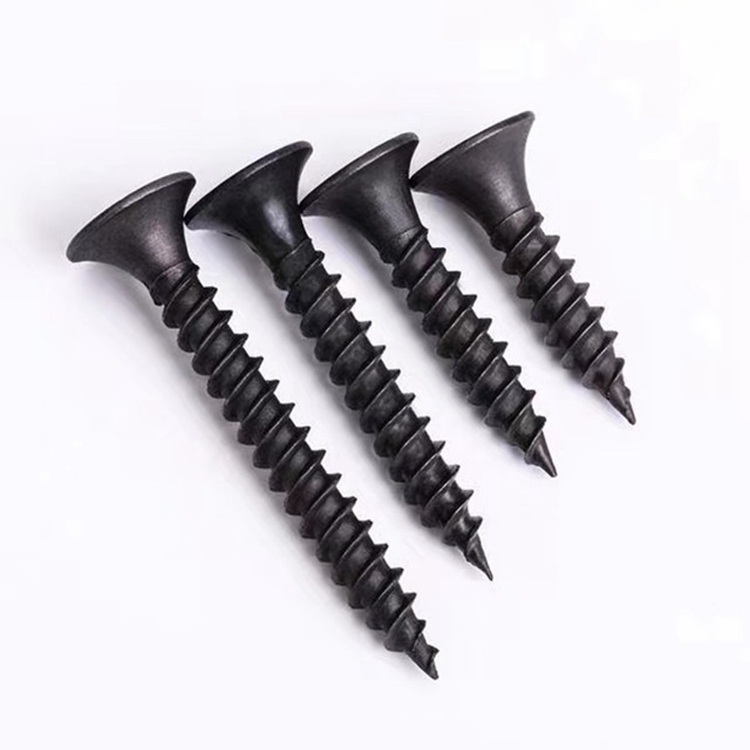Factory for Custom Thick Washers and Spacers Manufacturing Solutions
Aug . 16, 2024 17:11 Back to list
Factory for Custom Thick Washers and Spacers Manufacturing Solutions
The Importance of Thick Washers and Spacers in Industrial Applications
In modern manufacturing and construction industries, the role of hardware components like thick washers and spacers cannot be overstated. These seemingly simple parts perform critical functions in assembling machinery, supporting structures, and ensuring operational efficiency. This article delves into the significance of thick washers and spacers, emphasizing their manufacturing processes and applications within various industries.
Understanding Thick Washers and Spacers
Thick washers are flat, circular disks made from materials like metal, plastic, or composite substances. Their primary purpose is to distribute the load of fasteners like bolts and screws more evenly over the surface they are securing. This helps to prevent damage to the underlying material, reduces wear, and allows for better joint integrity. The thickness of the washer plays a crucial role in its ability to withstand greater loads and resist deformation.
Spacers, on the other hand, serve as mechanical components that create space between objects, allowing for adjustments and alignment in assemblies, especially where precision is paramount. Both washers and spacers can be customized in terms of dimensions, materials, and finishes to meet the specific needs of different applications.
Manufacturing Processes
The manufacturing of thick washers and spacers often involves processes such as stamping, machining, or injection molding, depending on the material and required specifications. For metal washers, a common approach is cold stamping, where sheets of metal are cut into the desired shape and thickness using high-precision dies. This method allows for increased production efficiency and uniformity in large batches.
For plastic spacers, injection molding is typically employed. This technique involves injecting molten plastic into a mold to form the spacer, ensuring intricate designs and reliable material properties. Some manufacturers also utilize CNC machining for custom orders, allowing for precise adjustments based on client specifications.
thick washers and spacers factory

Applications Across Industries
Thick washers and spacers find extensive applications across numerous sectors, including automotive, aerospace, construction, and electronics.
1. Automotive Industry In automotive assembly, thick washers are critical in joining parts like frames, engine components, and suspension systems. They help to absorb vibrations and distribute loads, enhancing vehicle safety and performance.
2. Aerospace The aerospace industry relies heavily on high-performance materials for both washers and spacers. Here, they are used in critical applications where the integrity of the assembly is paramount, such as in aircraft wings and fuselage structures.
3. Construction In construction, thick washers are employed to secure structural components and hold down fixtures, providing essential stability to buildings and infrastructure. Spacers, too, are vital in ensuring the correct distance between elements in concrete applications.
4. Electronics The electronics industry uses spacers to maintain appropriate distances between circuit boards and housing elements, which is crucial for thermal management and electrical safety.
Conclusion
In conclusion, thick washers and spacers are indispensable components that provide significant benefits in terms of load distribution, structural integrity, and precision alignment across various industries. Their ability to enhance the performance and longevity of assemblies underscores the importance of sourcing high-quality parts from reputable manufacturers. As technology progresses and demands for efficiency and reliability continue to rise, the relevance of these simple yet vital components will only grow, solidifying their place in the landscape of modern manufacturing and construction.
Latest news
-
High-Quality Panel Stud Bolt Reliable Panel Stud Bolt Factory & Suppliers
NewsJul.08,2025
-
High-Precision Fine Thread Locknuts Manufacturer & Supplier Custom Solutions
NewsJul.08,2025
-
PH Imperial Stud Bolt – High Strength Fasteners from Leading Supplier & Factory
NewsJul.07,2025
-
High-Quality Allen Wrench Bolts Leading Factory, Company & Suppliers
NewsJul.07,2025
-
Wholesale Ball Stud Bolt - High Quality Supplier & Factory Price Reliable Wholesale Ball Stud Bolt Company
NewsJul.06,2025
-
High-Strength Alloy Bolts Manufacturer & Supplier Quality Alloy Fasteners Factory
NewsJul.06,2025
